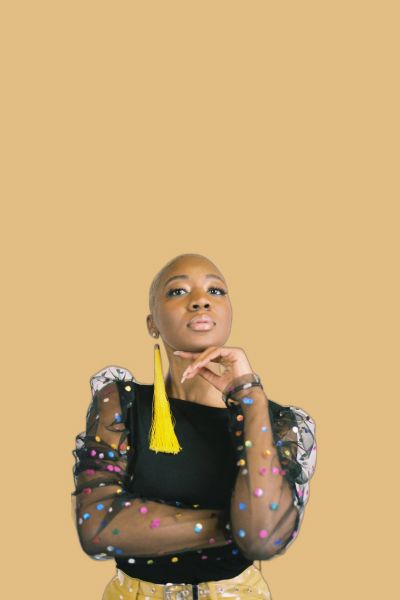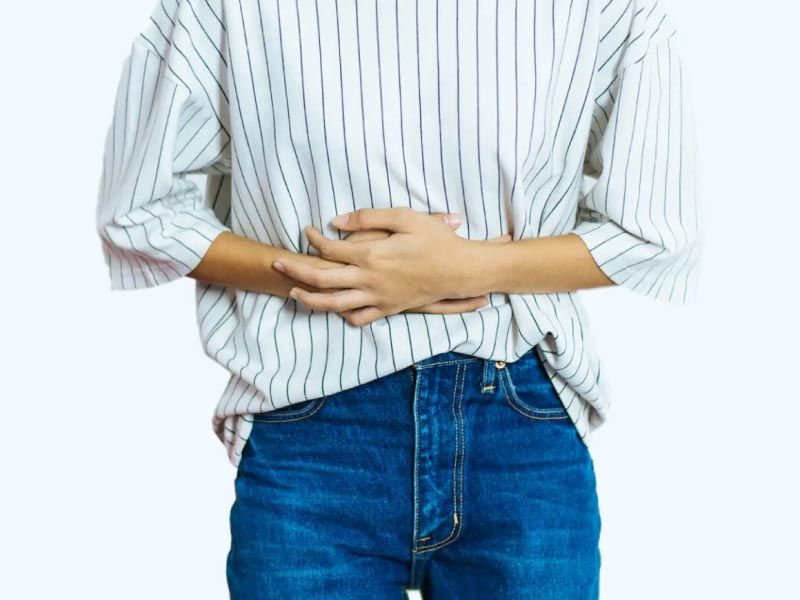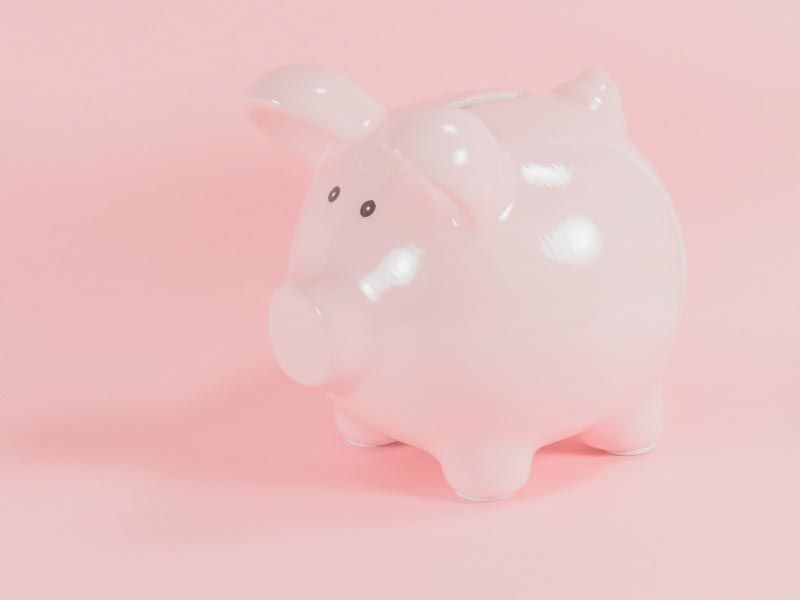
Wispering Q & A With
Symone Walker
By Jessie McCall
May 13, 2020
wis·per·ing /ˈ(h)wispər-ing: verb to turn up the volume of our reproductive & sexual health conversations
Q&A
Wisp: Hi Symone, thank you for taking the time to share with us could you tell us a little bit about your background?
Symone: Well, I’m from Atlanta, Georgia. Currently, I work as a flight attendant, but before that, I worked with a New York interior design firm.
Wisp: What do you like to do in your free time?
Symone: In my free time I enjoy treasure hunting in thrift stores for antique furniture. I didn’t realize I had a knack for it until people were like ‘hey I’ll pay you to do this for me.
Wisp: How did your life change when you first began experiencing symptoms?
Symone: For me it started when I was 17, which sucks, haha—it was that whole “oh my gosh, he's an older guy, he’s really popular in school and this is my boyfriend”... but it was all a lie. While we were dating it was my first time getting an STD, I ended up getting Gonorrhea. It was traumatizing having to explain it to my mom, and then I'm going to the doctor having to explain it to him—it was embarrassing. She was super gentle about it which surprised me because, being raised in a very Baptist household, things like that don’t go over too well. From that day forward I would never put myself in a situation like that—where I trust my partner more than I trust myself. Because you don't know everything that’s going on and you don't know what they're doing, I know I was young but you just got to be smarter about those things.
>“Being raised in a very Baptist household, things like that don’t go over too well!” > Wisp: In what ways does your self care routine characterize your life today—dating, personal life?
Symone: If I'm feeling some discomfort and I know I'm with a pretty comfortable guy, I'll talk about it and be like “Hey I'm having girl issues.” And nine times out of ten they'll be like, “What's wrong, are you okay?” And I'll reassure them it’s fine, it’s temporary. For the most part in my personal life if I'm having symptoms, the guys I'm dealing with at the time are typically very supportive.
I have to say there was one time, my now ex, he was very fearful of STDs and STI's and I'd regularly have to calm him down like “If you don't have any symptoms and you haven't even gone to the doctor yet to get checked, I'm going to need you to come down just a couple notches.” So when you're dealing with people like that, that are so fearful of catching something from a woman, that they feel like it’s some kind of deadly thing. That's where I hit a wall trying to break it down to them. Once he became a bit more comfortable later on in the relationship I was able to talk to him and I can say, “Hey I feel like I have a UTI because I didn't use the bathroom after we have sex.” And so little conversations like that help remind me after “Hey go use the bathroom because I don't want you in pain.” Sometimes it starts out a little rough when you’re first getting to know somebody but then once you're comfortable having those conversations, it becomes so much more natural.”
Wisp: How did you first find out about Wisp? What was the impact for you?
Symone: I was mindlessly scrolling on Instagram and that bright pink ad just showed up on my feed and normally when I know an ad is going to pop up I just quickly scroll past it cause I’m like ‘No Symone, you’re not going to get sucked in’. But I have a thing for frosted glass bottles, I was just telling my best friend about this, and when I saw it I was like ‘oh no, I have to click on this and see what’s inside of this bottle’. So when clicked on it I was instantly hooked because I spend so much of my time on social media talking about these topics and I thought people would think I was crazy, but to finally see a brand focusing on something that, for some people, might be minute but it’s a really big deal and it’s something that we all as women should have in our purse like at all times honestly. I was hooked.”
“The biggest thing for me was it being discreet, because when I used to go in to pick up a prescription I was whispering like the pharmacist doesn’t know what it is, haha, like Symone, they know what it is, stop it. I love how I wouldn’t have to go through that agony even as a 29-year-old woman, it’s still embarrassing and it’s so frustrating to feel that way—that uneasiness about having to take care of yourself.” “I want to tell all my friends about it, even though you have insurance you can still use this anyways. You don’t have to worry about going in, you can do a monthly prescription for it. Because I have a lot of friends that have monthly cycles and as soon as their cycle hits, they get a yeast infection and it’s annoying to have to go to your gynecologist and book an appointment, especially with COVID going on, I can’t even see my doctor—I made an appointment with her in April and they pushed me all the way until July.”
Wisp: What do you think is the highlight of using Wisp’s services?
Symone: The highlight is how discreet it is and being able to have something quickly on hand and not having to wait. For me being discreet is such a big deal with how much our lives are plastered on line so much and how much we over-share. So to have something just to yourself, not wanting to share that with anybody and not having to explain yourself or explain why you’re in this situation I feel like how discreet it is plays such a big role and I love that’s the main focal point. Just even the name “Wisp,” it’s so cute, I love it.”
Wisp: Did you ever try any OTC meds or home remedies? What was successful and unsuccessful along the way?
Symone: Okay don’t judge me but when I was about 23 I tried Monistat, and I don’t know which one I got, but it burned my body so bad I got on my knees and I literally started praying I said ‘ God please just take this pain away’ haha, ‘whatever I did, please just take it away.’” I was crying because it was so painful and I didn’t understand. There were times that I tried the apple cider vinegar or yogurt thing and see how that goes.”
So from that day forward I was just doing intense researching; that's when all the experimenting with self care came into play. As time went by and social media became more of a thing, I just started out in my snapshot stories with my own “vagina monologues” talking about vaginas and how to take care of them and surprisingly everyone was really receptive. I had guys thanking me for what I was saying because they were seeing women who were having these types of problems, and I was like “Oh wow, guys are actually listening to me.”
It made me more comfortable with my body knowing that other people do go through this, and that I wasn't some black sheep. It's a normal thing, it happens. For me it definitely helped me come into my womanhood, not in the way I would've preferred, but I wouldn't be myself if it hadn't happened.
As far as apple cider vinegar goes, I think it’s totally okay to drink a couple tablespoons of it, but to put that on a tampon and insert that, I really don’t recommend that for anybody. When I did try it, there wasn’t any bad backlash but I was just thinking: “there’s just certain things you don’t put in your yoni. It’s just such a delicate area!”
Maybe taking a bath in it is totally fine, drinking it totally fine, but to insert something like that—”you really don’t know your sensitivity levels until you try something like that.”
Wisp: How has the use of telemedicine impacted the way you feel about healthcare and delivery medication?
Symone: I’d say outside of using it for my vaginal use, I had strep throat and I had no time to get to my doctor because of course there were no appointments available, and I was like ‘oh wait I can do a virtual process’ by going on FaceTime, telling and showing the doctor all the issues and then having them write me a prescription, I was able to get my medication and still make my trip. At that time I wasn’t able to miss a flight since I was still technically on a probationary period process where you could not be sick. Being able to get that quick relief, to be able to get my medication that quickly and still having that discreet process because i’m not having to go into an office space and I could just do it from my car.
It’s made a world of a difference because when you have a lifestyle where you’re always on the move you really don’t have time for self care. For me it’s a game changer because not everybody has that luxury to actually go in to see a doctor. Even when I didn't have health insurance, and I had to go to Urgent Care, it was just getting out of hand with a $140 bill for every visit. So the fact that Wisp is here, even if I don't want to do a monthly subscription, I can just do the one time pick up. It's a part of my lifestyle now and it's nice to not have to worry about things that I used to have to worry about before.”
Wisp: Based on what you know now, what would you tell yourself back when you first began to experience symptoms?
Symone: I would say for one, “always use protection! Doesn't matter the situation, always!” And if you're experiencing symptoms, “do not wait!” You think it will go away in a couple of days, but maybe not; you know your body, if you're feeling something, then talk to someone about it. I think that was one of my biggest mistakes because I let it go, I’d try to ignore it. I'm trying to use that in all aspects of my life, not just my health, don't suffer in silence - that was always my biggest issue.
Wisp: What do you see as the biggest obstacle in reproductive health for women today?
Symone: When it comes to women and going to the doctor, I feel like sometimes we’re not always heard. Sometimes our issues are downplayed, or if things aren't taken seriously, we don't have that much of a voice when it comes to our bodies. Which is the craziest thing, because if it's not some form of body shaming like, “Hey, you should be doing this,” Then it's, “This isn’t that big of a deal, you'll be okay.” So, I feel like for every woman out there, having a voice when it comes to our bodies and the issues that we're experiencing, that's going to always be one of our biggest obstacles—trying to find our voice and making ourselves heard, a bit louder.”

